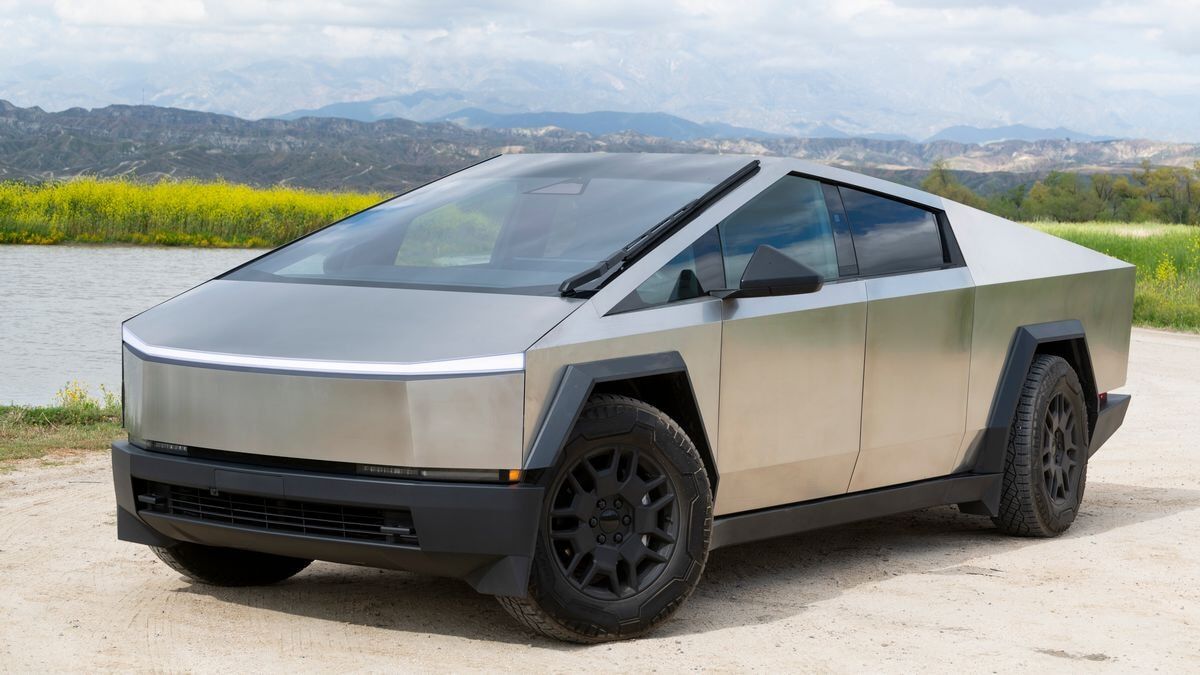
Much Still in Doubt
It’s not law yet, and the deal could still fall apart. Senator Joe Manchin (D-W.V.) breathed life into the measure when he announced his support yesterday. It’s believed to have the support of most Senate Democrats, who could pass the measure on their own without Republican support. But until Senator Kyrsten Sinema (D-AZ.) weighs in, some still question whether the bill can pass.
If it does, most analysts expect it to easily pass the House of Representatives and earn the president’s signature. The bill includes several provisions that would reshape the electric vehicle (EV) market in the U.S.
Upfront Discounts, No Manufacturing Cap
The federal government already provides a tax incentive of up to $7,500 for Americans who purchase a new EV or plug-in hybrid vehicle (PHEV). But that measure is a tax rebate, not a discount. Shoppers must buy the car, then wait for tax season, and claim the amount on their next tax filing.
Studies have shown that Americans would prefer an upfront discount to a tax rebate. Many would even accept a lower dollar figure to get it sooner, which could save the federal government billions.
It applies only to the first 200,000 EVs a manufacturer builds. Some automakers have already passed that threshold. The rebate is no longer available on EVs from Tesla or GM and has begun winding down for Toyota and Lexus. Our analysis shows that Nissan is also nearing the cap.
It applies only to new vehicles, so used EV buyers get no federal help.
The bill would change all of those factors.
The Inflation Reduction Act of 2022 would reportedly:
- Remove the 200,000-vehicle cap, reinstating incentives for Tesla, GM, and Toyota EVs and PHEVs
- Change the rebate to a discount at the time of sale
- Launch a new $4,000 tax credit on sales of used EVs
New Price Caps, Income Limits
It would also, however, restrict some cars and some buyers from qualifying for the credit.
Among other changes, the agreement would:
- Restrict the credits to low-emissions trucks, SUVs, and vans with manufacturer suggested retail prices (MSRPs) up to $80,000
- Limit the credits to low-emissions cars with MSRPs under $55,000
- Restrict the credits to individuals reporting adjusted gross incomes of $150,000 or less, $225,000 for those filing as head of household, and $300,000 for joint filers
It’s unclear whether the price caps and income limits would adjust annually.
The measures would prevent many EVs from qualifying for the tax credit. Worth noting – though removing the 200,000 vehicle cap would make Tesla vehicles eligible for the credit again, most Tesla products are too expensive to qualify under the new caps.
Every Model Y would qualify under the new $80,000 price cap for SUVs. Some trims of the Model 3 would qualify under the $55,000 sedan price cap. No Model X or Model S would qualify.
Built in North America
The bill also includes provisions limiting the tax credits based on where vehicles or components are manufactured. Media reports contradict each other over what those provisions would do.
Some say a provision would limit the tax credits to vehicles assembled in North America, while others report that the provision applies only to battery components. Every source seems to agree that the bill would require that critical battery materials be sourced from countries with which the U.S. has trade agreements.
Those restrictions could eliminate many EVs and PHEVs from qualifying. The Hyundai Ioniq 5, a buzzworthy new EV that recently won the 2022 World Car of the Year award, for instance, is currently built in South Korea. Hyundai has plans to move assembly to the U.S.
The bill remains a proposal for the time being. Specifics of the agreement could still change, and automakers will no doubt be lobbying heavily to try to change them.
But, if you’re in the market for an EV or PHEV and can afford to wait to buy, it might be worth pausing your search to see if this can pass. We’ll track the story for you as it approaches a vote, or fails.







